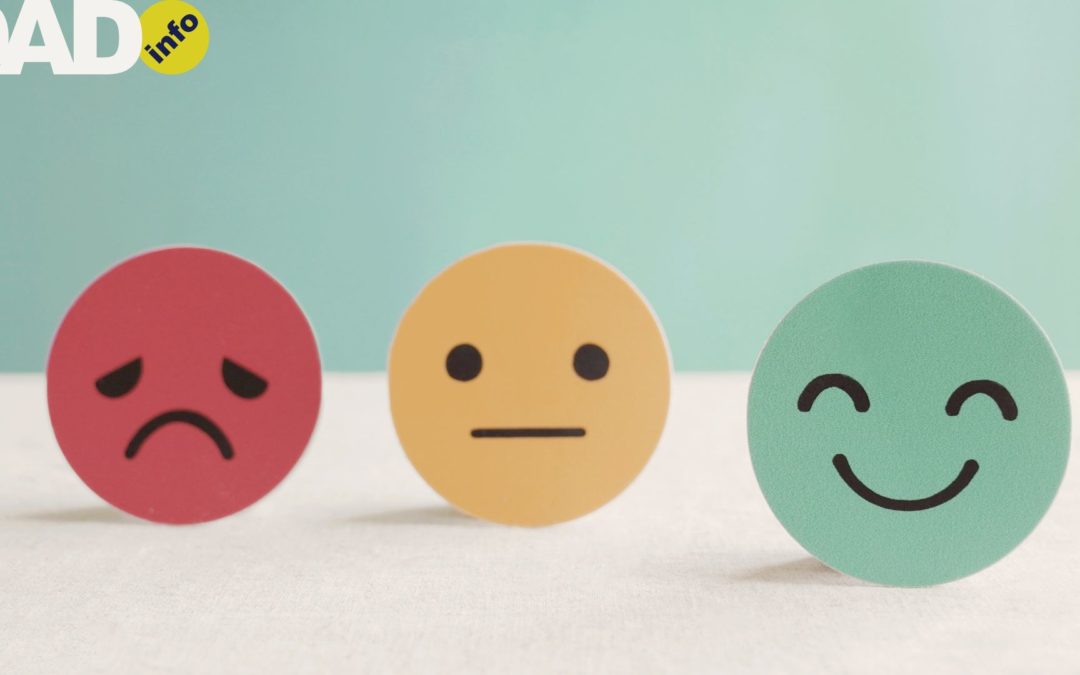Sometimes it’s all too easy to forget that it isn’t just your partner’s health that’s important during pregnancy. She’ll be bombarded with advice about what not to eat or drink and what exercise she should be doing, but a lot of it is just as relevant to you. After all, you owe it to your baby to be in good shape too, don’t you?
The first thing many women find themselves doing when they discover they are pregnant is totting up the units of alcohol they consumed before they knew anything about their condition. That’s before they start torturing themselves over what went on before conception – and you might like to pause for thought here too.
Firstly, forget what happened in the past.
Now is the time to focus on the months ahead and what you both can do to give your baby a healthy start in life, while keeping yourselves fit and well for its arrival.
Bleurgh
Your partner may be feeling as sick as a pig, in which case embarking on a zealous, vitamin-packed regime is only going to make you unpopular.
Your best bet is be understanding when she refuses your kindly proffered glass of water for being the wrong type of water (yes, that’s how bad morning sickness can be) and to concentrate instead on preparing whatever it is she decides she can eat.
Now is a good time to start, develop or fine tune good habits of your own. This does not mean you have to consign yourself to a diet of mashed potatoes and banana custard in sympathy.
- The healthier and fitter you are, the better you will be able to support your new family through the early and exhausting months that follow the baby’s arrival.
- By developing your own virtuous habits, you will also be setting a good example to your future child – children need all the help they can get in this department, born as they are with a homing instinct for crisps, sweets, TV and computers.
Her health in pregnancy: the basics
First steps
So where to begin?
The general consensus among doctors is that if you only do one thing – though of course they would like you to do more – you should give up smoking.
- A pregnant woman who smokes is damaging her own and her baby’s health. Smoking increases the risk of premature birth, low birth weight, cot death, miscarriage and breathing problems in the first six months of life. But giving up cigarettes is not just a project for her.
- Having a partner who smokes is just as hazardous since cigarette smoke contains poisonous gases, tar and 4000 toxic chemicals that hang around in the air for a long time – even after a butt has been extinguished and the windows opened.
- Babies and children are particularly affected by second-hand smoke as it affects development. And apart from anything else, it will be harder for your partner to kick the habit if you are still regularly lighting up.
Smoking, drinking or drug taking? Where to get help to stop
Bottling out
The next big beneficial step you can take is to limit alcohol.
- Doctors recommend that women give up booze in the first three months of pregnancy and limit it for the rest.
- Increasingly, they are suggesting that women simply cut out alcohol altogether, as there is some evidence to suggest that foetal alcohol syndrome – a brain disorder that can affect babies when a mother drinks during pregnancy and which is the biggest cause of non-genetic mental retardation in the Western world – can be caused by a much lower level of alcohol than previously thought.
- As an act of solidarity, giving up booze is a good gesture for your partner, but moderate alcohol consumption will also ensure that when the baby arrives you are fit and rested. Incidentally, there really are few worse combinations on earth than a crying baby, the early hours and a stiff hangover.
Your relationship when you have a baby
Food for thought
As for diet, doctors advise keeping it mixed and healthy – meat, fish, whole foods and plenty of fruit and vegetables.
It’s possible to go overboard here and become neurotic about food and drink. As it is, barely a week goes by without a new piece of evidence surfacing that banishes yet another food during pregnancy.
So it’s important to take some of the advice with a pinch of salt (which, whilst we’re on the subject, should be consumed in moderation during pregnancy).
“The general advice is to avoid soft cheeses, unpasteurised dairy products and peanuts,” says Margaret McCartney, a GP in Glasgow and health columnist for the Financial Times. “However, I wouldn’t panic if your partner does eat any of these, as the risks overall from consuming them are small.”
Exercise
Whatever the risks, or benefits of various foodstuffs, the main thing is to be healthy and fit.
- Exercise too is important. If your partner has signed up for pregnancy fitness or yoga, why not follow her lead and go swimming or to the gym when she’s at her classes?
- If indoors is not your thing, then get into shape outdoors – long walks and bike rides will put you both in a positive frame of mind for the birth. In any case, it will be your last chance for a few years to go on walks without hauling a buggy along.
It’s easy to overdose on good advice during pregnancy, particularly a first one, but it’s also easy to ignore the sensible basics. Perhaps the best tip is to seek a happy balance – and above all to enjoy the pregnancy. As Dr McCartney says: “It should be the happy lead up to one of the most exciting times in life.”








